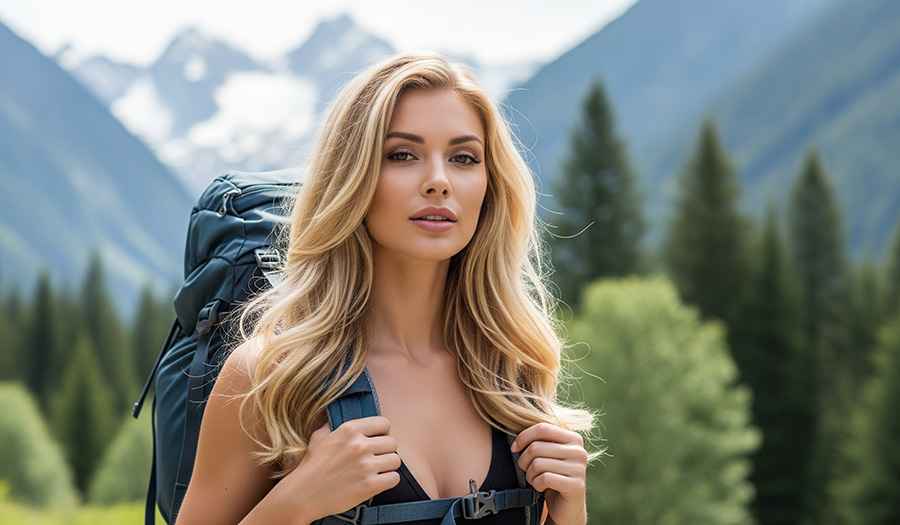5 Essential Backpacking Tips for Beginners
Backpacking is more than just walking a trail with a heavy pack on your back. Backpacking is meant to be an adventure, a challenge, and one of the best ways to experience nature. For beginners, the excitement can mean making a few mistakes along the way, all because they are in a rush to get out there.

Before you take your first backpacking trip, be sure to follow these five tips:
Layer Your Clothing
Figuring out what to wear is an age-old problem for most people on their first backpacking adventure.
Weather can be unpredictable, with chilly mornings giving way to sweltering afternoons, or sudden downpours of rain. Packing too many clothes isn’t the answer - that will just add unnecessary weight to your pack.
Instead, learn the art of layering your clothing.
The basic layering system works by combining three types of clothing layers: base, middle layer, and outer layer. Each plays a specific role, and together they create an adjustable outfit that balances warmth, protection, and breathability.
Short Trips
For beginners, deciding to head deep into the wilderness for a week-long trip might be too much to handle.
Before tackling extended adventures, start with one or two nights out on the trail. These mini-expeditions can be the perfect introduction and give you the experience and confidence you need to make longer trips in the future.
Backpacking requires a blend of physical fitness, mental fortitude, and problem-solving abilities. Practice your essential skills in your backyard first, like setting up a tent, tying knots, and cooking on a fire.
That will help you to iron out any problems in a controlled and safe environment.
Packing Tips
Packing for your first backpacking adventure can feel overwhelming.
With so many different types of gear available, it is easy to overload your bag, or, worse yet, forget something essential. You will soon learn that every ounce gets counted when packing.
Start by packing the lightest gear and clothing items at the bottom, and place the heavier items, such as food bags and cooking gear, near the middle of the pack, and store frequently used items, like an MKC Speedgoat ultralight backpacking knife, at the top.
Backpacking knives must be as light as possible without compromising on durability, efficacy, and functionality. Choose one that prioritizes weight and comfort, with a paracord that can help out in a pinch.
Stay Hydrated
When backpacking, you need to stay hydrated.
Your body can survive for longer without food than it can without hydration. For beginners, understanding how to stay properly hydrated is crucial for both safety and comfort.
Dehydration can lead to muscle cramps, headaches, and even heat stroke. Backpacking places challenging demands on your body, and all of them increase your hydration needs.
Even mild hydration can reduce endurance, slow your pace and make the trail feel harder than it is. Drink around a litre of water per hour during moderate activity.
Pack Calories
Don’t get caught up in all of the other aspects of backpacking and forget that your body needs fuel.
Many newcomers focus on gear, map apps, and clothing that they forget to pack enough calories. Backpacking burns loads of energy, depending on the terrain, distance, and your pack weight.
Underestimating your food requirements could lead to fatigue, mental confusion, and irritability. Plan your meals carefully to make sure you stay focused and energized.
Pack calorie-dense, lightweight foods like nuts and seeds, energy bars, and dried fruit.
To End
Backpacking, when done properly, offers adventure, a deep connection to nature, and freedom, but preparation is crucial to having a safe and enjoyable experience.
Follow these five tips above, and your journey will be much more rewarding.